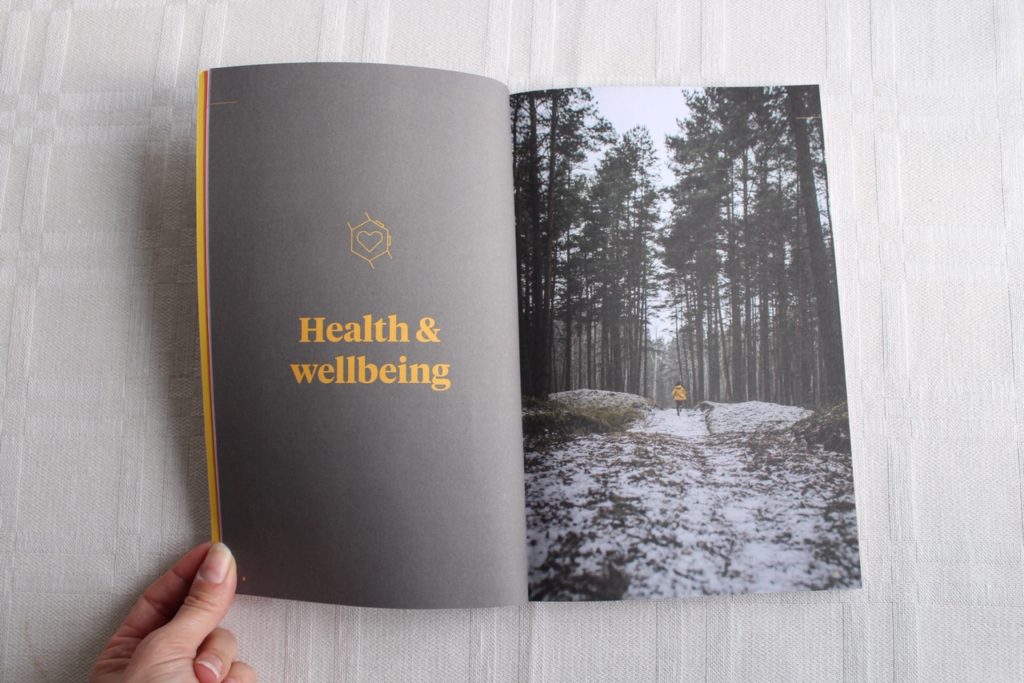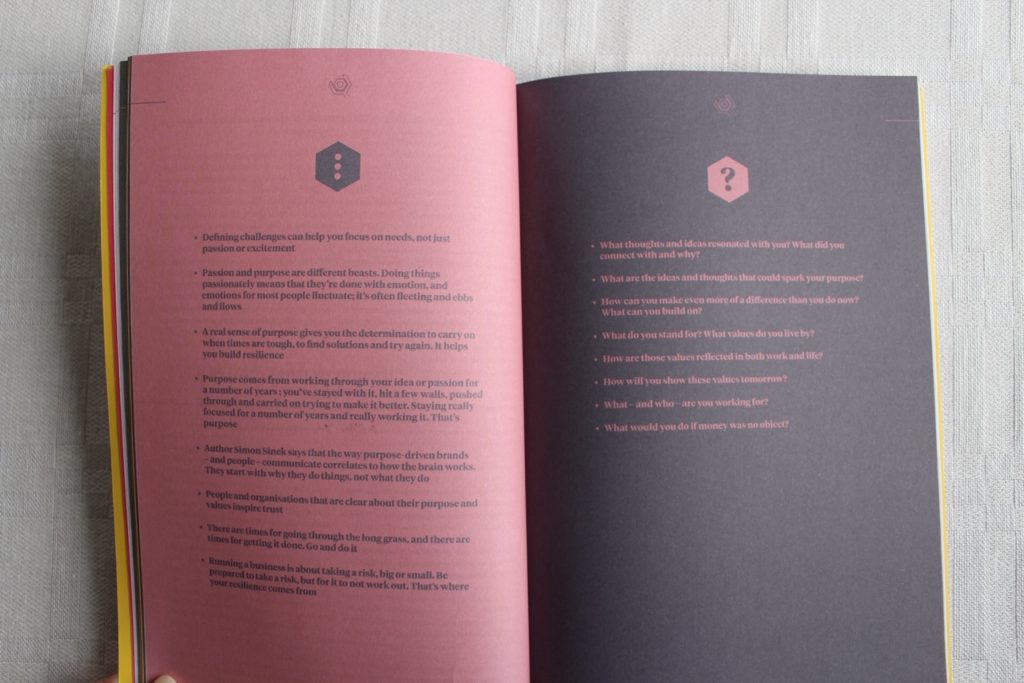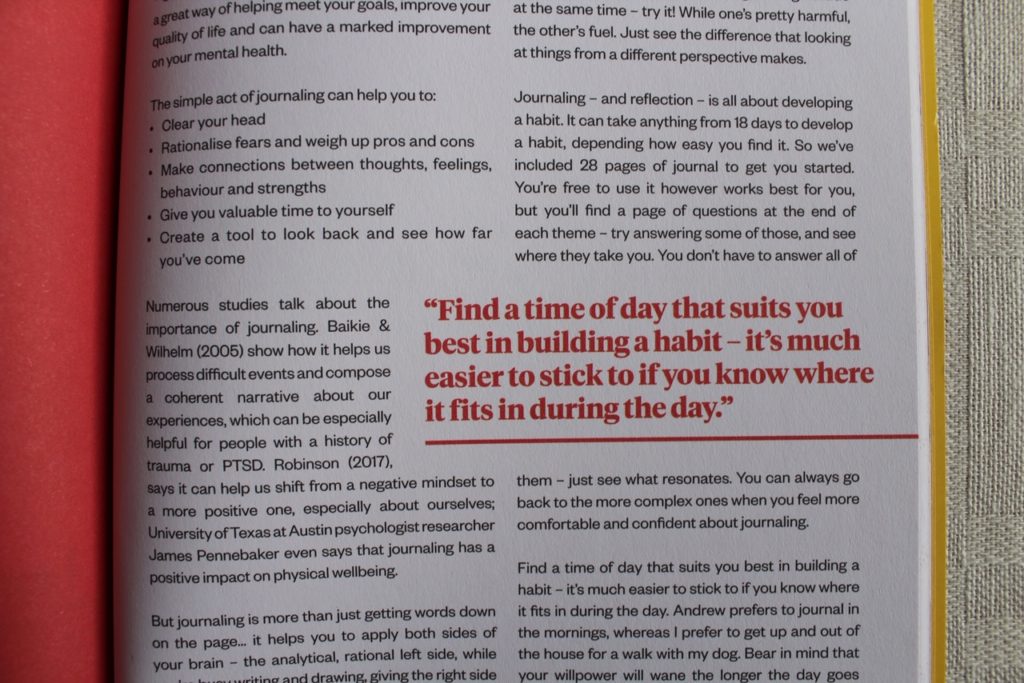Is it something only for teenage girls to reflect on love and drama? Or something that’s used as a replacement for therapy? Well, journaling is probably both but also much more, and is growing as part of a self care movement.
Taking the time to reflect, to put our thoughts down on paper, to allow ourselves to be creative with our reflections and thoughts. Journaling has obvious benefits such as increased memory, mindfulness and communication skills, but it can also help us spark our creativity and achieve goals.
I’ve written a journal through various stages of my life, but it’s been years since I last stopped. However, I’ve felt and urge, for some time now, to get back into it in some way. I’ve got a lot of thoughts, ideas, reflections, opinions that I want to gather somewhere but haven’t quite found an outlet. This blog has to some extent worked as a journal for me as it’s helped me on my journey towards a more conscious lifestyle. But before thoughts and ideas get turned into a blog post, they need to develop somehow, somewhere, and I feel journaling would also help me in this process.
To organise my thinking, I started off by supporting the crowdfunded Spring journal by the Ethos magazine group, which resulted in me getting a copy.
The Spring journal
The writers call it “a journal for life, work and wellbeing, one step at a time” and it includes interviews with interesting people who have set up interesting businesses. It also includes different chapters with different themes to reflect on, and at the end there are 28 pages for you to keep a journal for 28 days to get into the routine.
Starting a journal but not knowing what to write is, I assume, a common issue. The Spring chapters help you get started, reflecting on what matters to you, what makes you happy and what makes you worried. Each chapter ends with direct questions you can ask yourself and start writing down the answers to, as part of your 28 days journal (or however you want to do it).

Health & Wellbeing
The first chapter brings up health and wellbeing, highlighting things like stress, exercising, spending time outdoors and taking the time to do things you enjoy. It asks you to reflect on what you actually enjoy, whether you do take time for it, and what you can do if you don’t.
I try to go to bed at a decent time, and I often sleep fairly well. I enjoy long walks and yoga, and I value my me time. I’m most happy when there is time for things like long walks and yoga, so a reflection would be that I need to get better at taking the time, and probably decreasing things like screen time.
Purpose
A chance to reflect on what you want to do and why. I’m lucky as my work is something I enjoy whilst I also get to work to create a better and more sustainable world. And I want to be true to my values. Working for equality, solidarity, people, and planet.
A way to improve would, for me, be to continue learning, maybe by doing courses, or writing more, or trying to affect more people.

Fear
What’s stopping us from doing what we really want to be doing? What are we afraid of? And how can we overcome our fears to be able to live the kind of life we want to live?
Journaling is definitely targeting the topic of fear. Putting things on paper, facing our fears, making them less scary. And focusing on the positives, listing things we are grateful for.
“Gratitude is one of the best ways to create a long-term positive mindset”
– Shawn Achor
Focus & Flow
Why are we so bad at focusing? Why can’t we multitask? And why do we procrastinate? What do we need to do to find our focus and our flow?
Less screen time? More realistic to-do lists? Probably.
Progress
Following on from the previous chapter, this one looks at progress. What is progress to us, and how do we achieve it?
Breaking things up, taking smaller steps, setting realistic goals are some things to think about. And maybe to not be too hard on ourselves – focus on intentions rather than hard goals.
Hobbies & Side projects
This chapter asks us to look at those extracurricular things we do, or wish we did. Another reflection they mention that hit me was the question on why we give least time to the things we enjoy the most.
I do yoga and ballet, I read and write, but there’s never enough time. Is there not enough time or do I not take the time?
Collaboration
This is one of the most work-related chapters, and may be mostly relevant to those who are freelance or work for themselves. But it’s a chance for all of us to reflect on our relationships and our ways of working. On our own and amongst others.
Reflection
This chapter reinforces the benefits of reflection, and journaling. The benefits of sitting down, taking the time, putting things on paper. Calming your mind, helping you see and better understand yourself, your decisions and your mind. Reducing stress and anxiety.
Developing a more positive attitude by listing three things each morning that you’re grateful for. Or at the end of the day, asking yourself: How did you feel about all the things that happened to you today?
Money
The last chapter is about money. Money that’s linked to hopes, fears, aspirations, a sense of self. Something that’s a problem when you don’t have it. How do you relate to it? What role does it have in your life?
Just by having to sit down, with pen and paper, to answer the questions at the end of each chapter made me reflect on my life in a way I don’t normally take the time to do.

Just start doing it
I love writing so my biggest hurdle would not necessarily be the journaling itself, but to take the time to do so. Instead I do some extra work in the evening, or I watch something on the TV. Or I spend time with my boyfriend, having dinner or leaving the house to go for a walk. Which of course isn’t something I need to stop doing.
Journaling should be a way to take time for yourself, as part of a self care routine. And once you get going, as part of a process that helps you get to know yourself and your wishes. Through your own creativity.
Ask yourself how you’re feeling each day, or every Sunday. Reflect on what your day was like, what the best thing that happened was, and what could have made it even better. List things you’re grateful for each morning. Look out your window and write about you see and feel. Pick an interesting new article that you’ve read today and write down your feelings around it.
Find a journaling routine that works for you.
Buy a nice notebook. Start typing on your laptop. Write some notes each evening/once a week on your phone. If you don’t want to write, record yourself when speaking in to your phone. The important thing is to get started.

